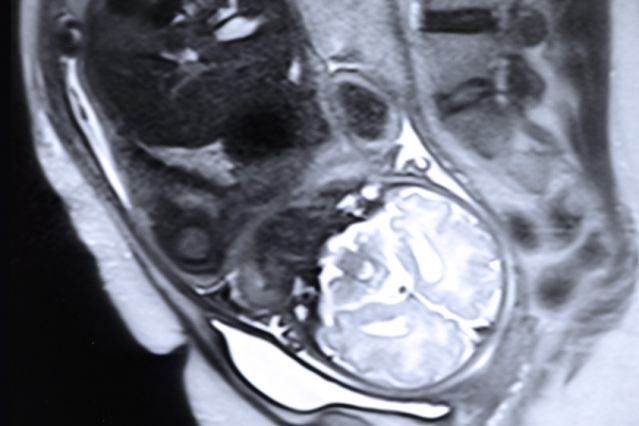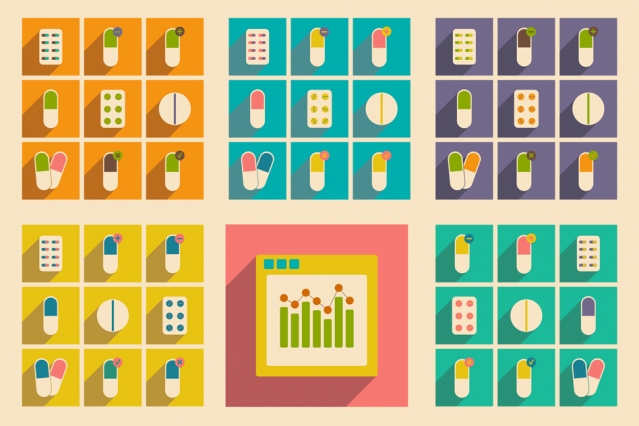Health Care
There are many opportunities for applying new analytical methods to the area of health, such as improving the management of healthcare systems, predictive analytics for hospitals and clinical decision making, and using continuous patient monitoring to improve decision making–whether in developing new therapeutic treatments or managing chronic diseases. Advances in technologies provide new opportunities to monitor and collect vast amounts of data, including electronic medical records, new wearable sensors and devices, text-based data from medical notes and online systems, insurance and payment data records, and biological and genomic data. The challenges of making sense of all of this disparate data are considerable, and implementing solutions in this domain can be particularly challenging due to the complex number of stakeholders in healthcare systems, existing regulatory and policy constraints, and the potential need to implement solutions that produce or require behavior changes. IDSS research brings together experts from across disciplines to tackle these important issues.
Read more about data science and health care in this article, “Leading with Data,” (MIT Spectrum), which features three IDSS faculty members.
Examples of research topics:
- How can we model effective healthcare systems that take into account a wide variety of stakeholders?
- How can we proactively identify the early onset of diseases, like cancer, diabetes, or heart disease?
- How can we better manage the spread of infectious diseases, using data to understand patterns of contagion?
- How can we motivate individuals to use their own personal data to better maintain and manage their health over a lifetime?
- How can healthcare providers more holistically manage patients’ data over time, to better assess disease conditions, and proactively deliver interventions at an earlier stage?
- How do we develop solutions that are relevant and applicable by practitioners?
Polina Golland
A team led by Polina Golland’s group at CSAIL has made a new algorithm for identifying organs in fetal MRI scans, which should make MRI monitoring much more useful. Typically, fetal development is monitored with ultrasound imaging, but MRI could potentially measure the concentration of different chemicals in the placenta and in fetal organs, which may have more diagnostic value.
Richard Larson, Stan Finkelstein
Researchers examined the best ways to reduce the likelihood that individuals and groups will become infected with the flu, both by diligent use of non-pharmaceutical interventions and by effective deployments of vaccine. The research suggests that up to 5 million Americans who became ill with H1N1 flu in 2009 might not have become infected if an alternative, more adaptive vaccine allocation plan had been in effect—and provides the essentials for such a plan.
Philippe Rigollet
In clinical drug trials, physical constraints don’t always allow for collecting feedback from each patient in a trial, and in some cases one may need to wait several months before seeing the effects of a drug. Most clinical trials are done in phases, typically four, in order to collect feedback at the end of each phase and either interrupt the trial or assign the drug more aggressively in subsequence phases.
This research aims to better understand queuing networks that include stochastic, or random, dynamics. This work has some direct applications to real-world challenges, such as solving problems of overcrowding in hospital emergency rooms. This research demonstrates, in the context of some concrete models, that even a very small amount of flexibility can be surprisingly powerful in improving performance, both in terms of queueing delay and system capacity.








